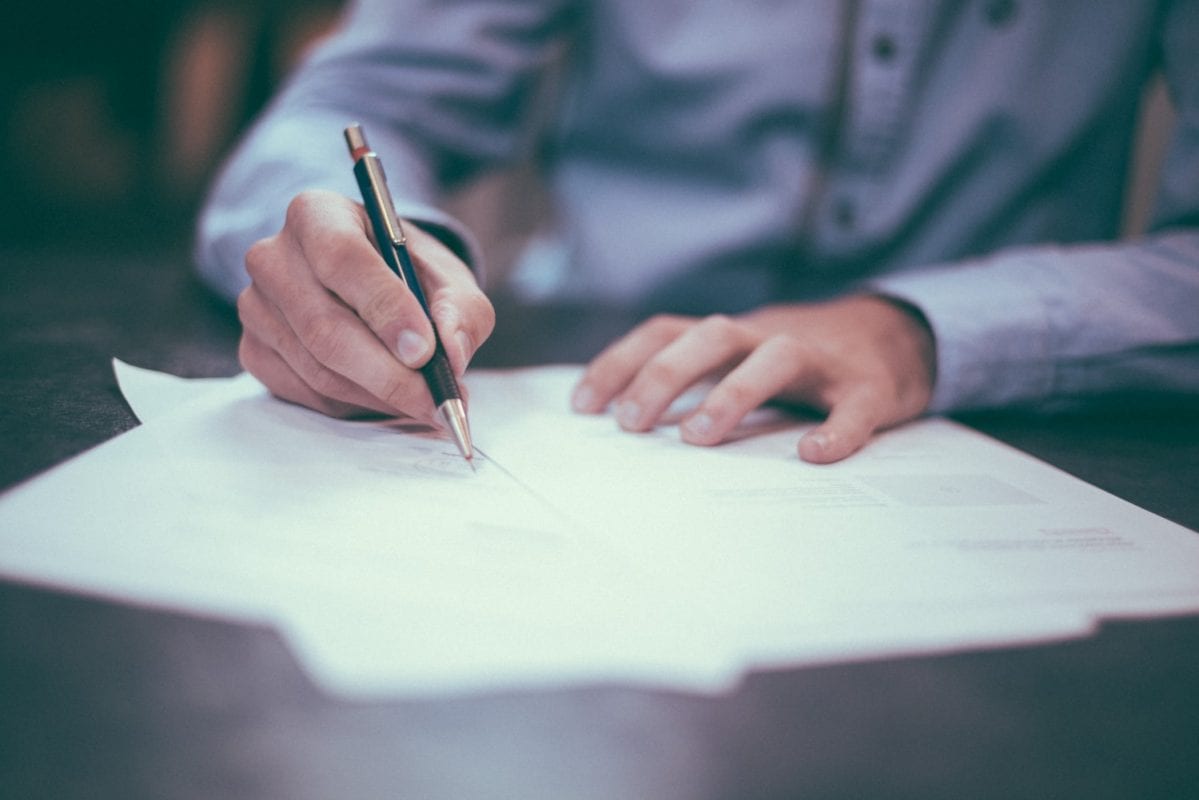Need some tips for filing your self-assessment tax return? You’ve come to the right place. Our team has helped thousands of sole traders and self-employed freelancers file self-assessment tax returns and save a lot of money in the process.
Read on to discover Taxback’s top tips for filing your self-assessment tax return
How do you know if you need to file a self-assessment tax return?
If you were self-employed from 6th April 2020 to 5th April 2021 and have earned more than £1000, then you need to file a self-assessment tax return and pay any tax that you owe before 31 January 2022.
What is a self-assessment tax return?
In brief, a self-assessment tax return is a method used by HMRC to levy income tax from self-employed individuals, freelancers, and sole traders. If you are running a small company, figuring out how much you owe can sound like a massive task. In this article, we share some tips to help you complete your self-assessment tax return.
Don’t overlook the deadlines for self-assessment tax returns
While there’s a deadline for completing the self-assessment tax return, there’s no reason to postpone it until January 31, because it just adds up the burden and can add to the stress. If for some reason you miss the deadline then call the HMRC helpline and get some advice on what to do next.
Hire an accountant to support you with your self-assessment tax return
Self-assessment tax accountants like our company can help you take the best course of action on major decisions or acquisitions, such as contributing assets to family members, selling second property, and making substantial contributions to pensions. Accountants can also detect errors and missed claim costs, things that are not solely and exclusively intended for the management of a company.
Are you registered as self-employed with HMRC?
You will need to register with HMRC as either self-employed, not self-employed, or as a partner or partnership the first time you complete a Self-Assessment tax return. Make sure you leave HMRC with up to 20 working days to process your application and give yourself plenty of time to complete your return before the deadline. After you have enrolled, a Specific Taxpayer Reference (UTR) will be sent to you which you will use when you file your return.
Have a clear plan
Make sure you have ample time to complete and file your self-assessment tax return, so you can reduce penalties for late filing. When your tax return is up to three months late you can get a fine of £100 and if you pay your tax bill late, you’ll also get interest charged on late payments. You can file a tax return for the previous tax year after the 6th of April and you don’t have to pay what you owe until the 31st January the following year. Read this article for more information on key dates in the UK financial year.

